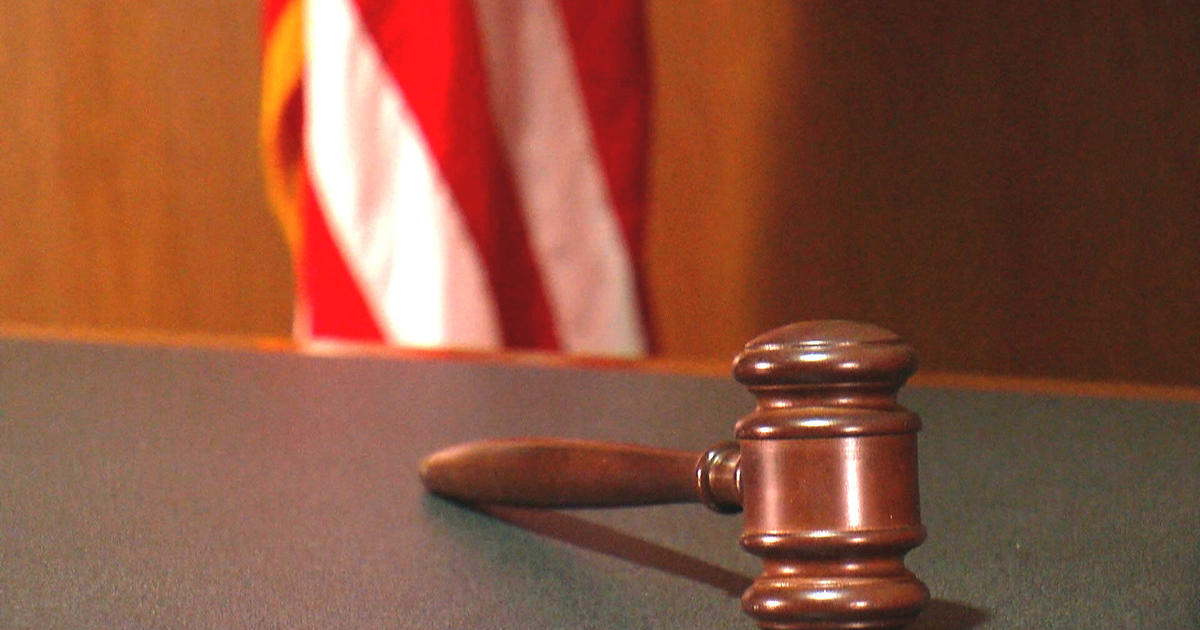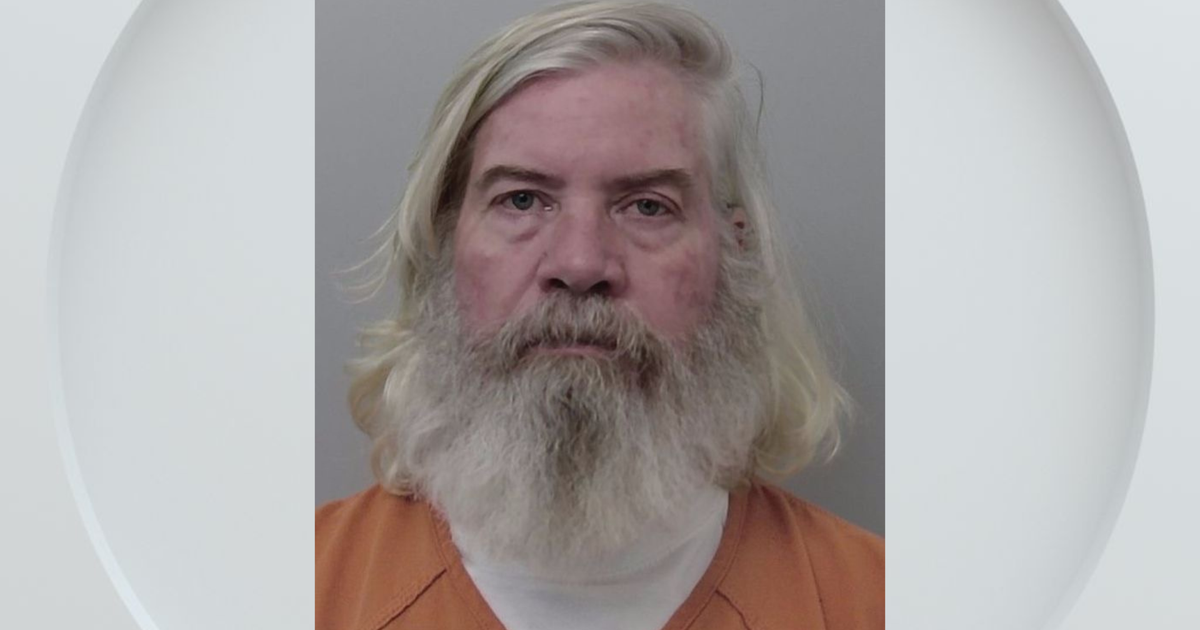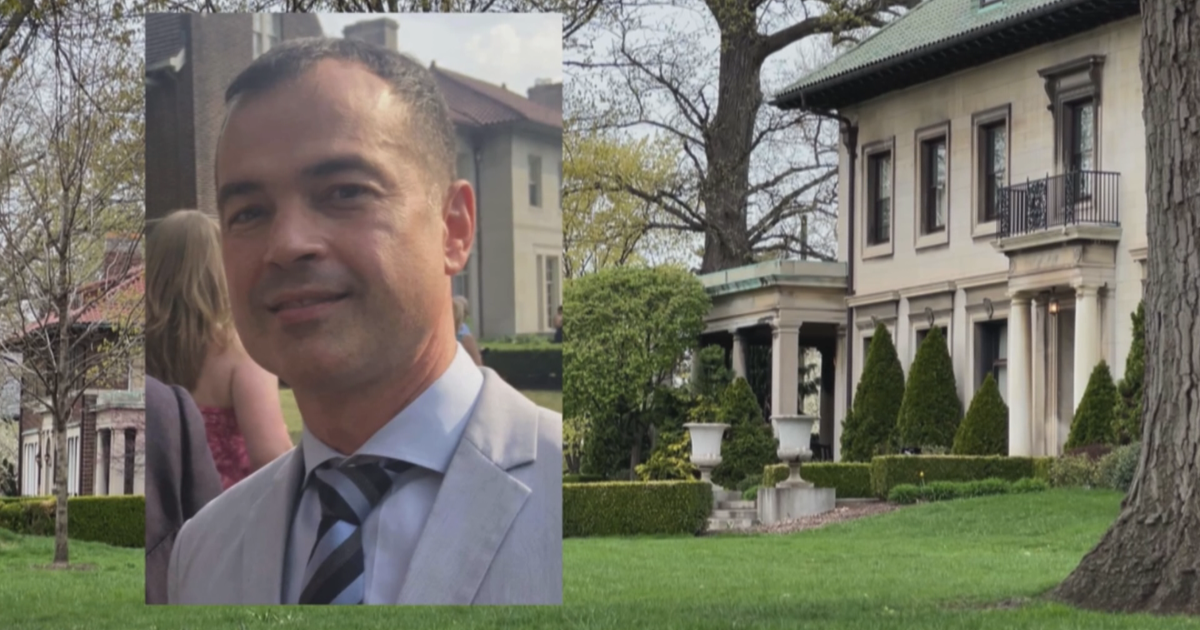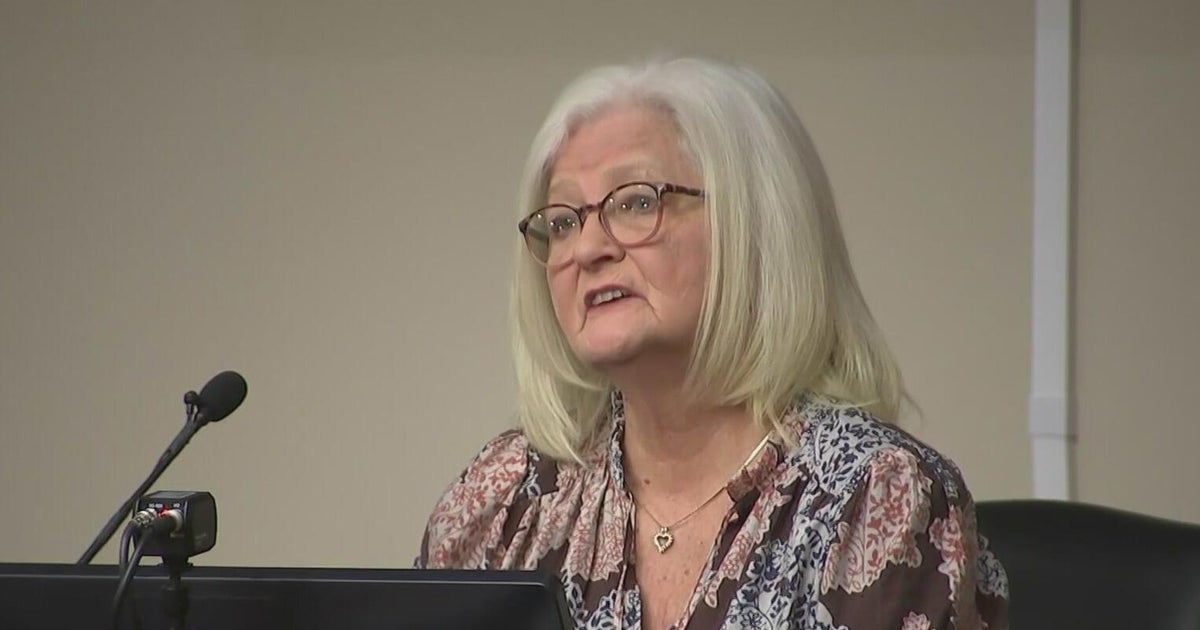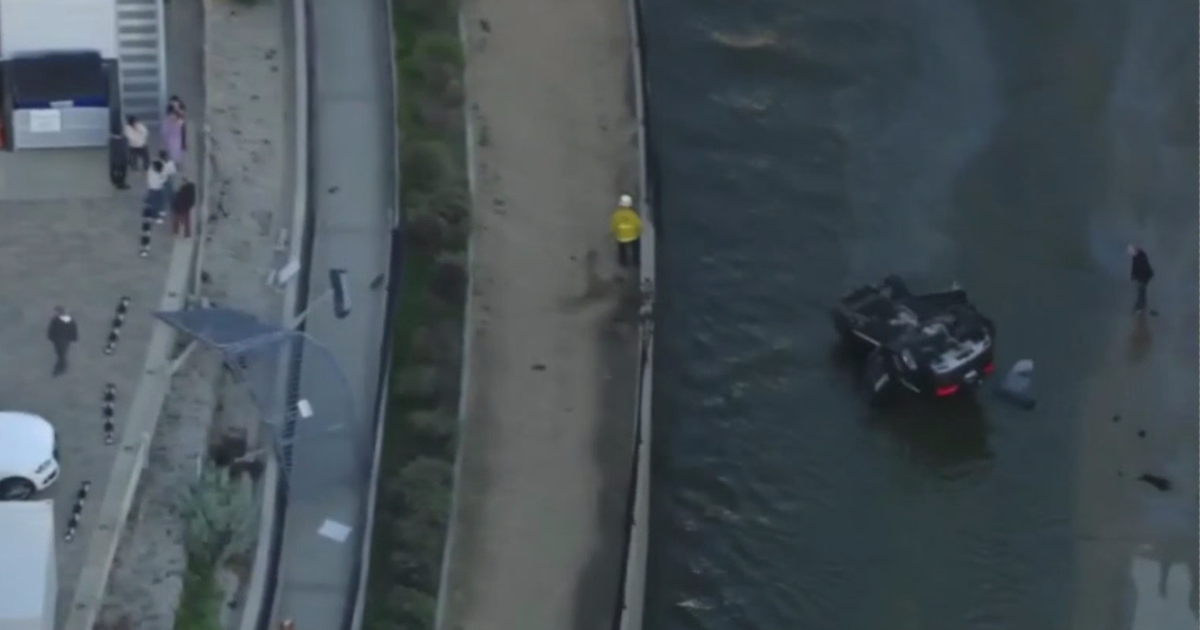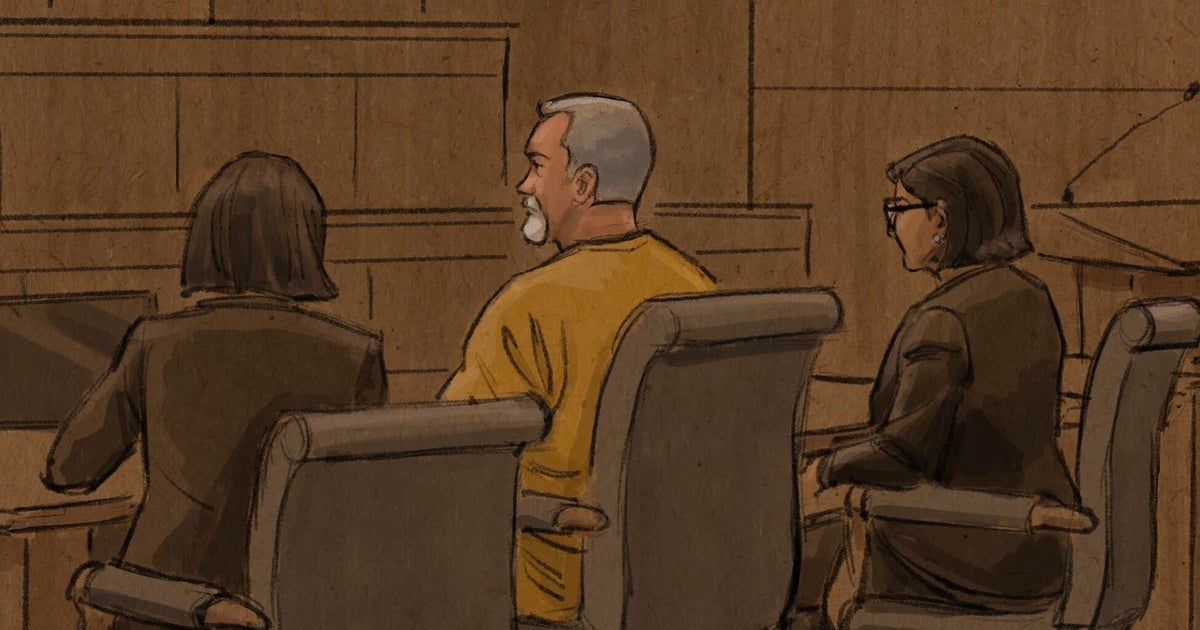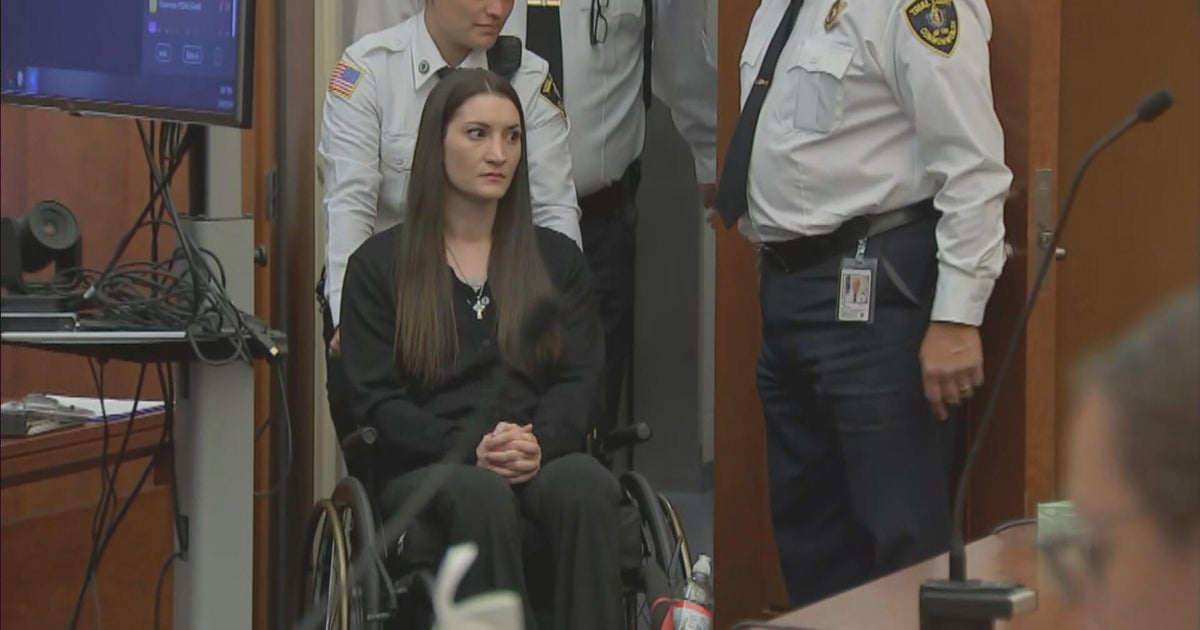Death Sentence Overturned In Salinas Triple Slaying
SAN FRANCISCO (CBS SF) -- The California Supreme Court has unanimously overturned the death penalty but upheld the conviction of a man found guilty of three murders committed during a home-invasion robbery in Salinas in 1994.
The court said Daniel Covarrubias, 49, was entitled to a new penalty trial because a prospective juror who had doubts about capital punishment was improperly dismissed from the jury pool.
Covarrubias was convicted and sentenced to death in Monterey County Superior Court in 1998 for the gunshot murders of Martha Morales, her husband Ramon Morales and her brother Fernando Martinez in their garage apartment in Salinas on November 16, 1994.
The couple's 11-month-old daughter was wounded but survived and Covarrubias was also convicted of attempted murder of the child.
The family members were killed during a robbery carried out by Covarrubias, two cousins and a 16-year-old nephew who later became a prosecution witness.
Autopsy evidence showed the victims were killed with bullets from two rifles and a handgun.
Covarrubias did not testify at his trial, but the defense presented by his attorneys was that he had gone to the apartment to help a cousin retrieve some items and was not aware of any plan to rob or murder the family.
After the killings, Covarrubias, a Mexican citizen, fled to Mexico, where he was captured by bounty hunters in 1995.
The state high court issued its ruling on Covarrubias's appeal at its headquarters in San Francisco in an opinion by Chief Justice Tani Cantil-Sakauye.
The prospective juror who was dismissed from the jury pool by Superior Court Judge Robert Moody at the 1998 trial was a prison guard with the rank of captain.
In a written questionnaire given to prospective jurors, he said he "strongly" opposed the death penalty and thought it was imposed "too often."
But he also said he would be willing to set aside his personal feelings and follow the law as explained by the judge.
The state high court said those answers were ambivalent and under doctrines set by the U.S. Supreme Court, Moody should have questioned him personally to resolve the uncertainty about whether he could vote for a death penalty.
The questionnaire responses "were ambiguous and did not clearly demonstrate that his death penalty views would prevent or substantially impair the performance of his duties as a capital juror," Cantil-Sakauye wrote.
The trial judge's failure to follow up with personal questioning therefore "requires automatic reversal of defendant's death sentence under existing United States Supreme Court precedent," the court said.
The panel also upheld Covarrubias's underlying conviction after rejecting a series of challenges he raised to the evidence allowed at the trial and the jury instructions.
